Hawaii's explosive reputation is well known. This series of islands is a volcano hot spot, containing dozens of them, large and small, dormant to active.
The world's largest volcano—the enormous Mauna Loa—is here. But thanks to new research, Mauna Loa is no longer the biggest volcano in town. You might think it's a bit odd for scientists to suddenly realize that there's an even bigger volcano in the Hawaiian islands. Aren't huge volcanoes the sort of thing that you don't miss noticing?
But when you hear the story of Pūhāhonu, you'll understand how this sleepy secret stayed kept for so long.
Turtle rising
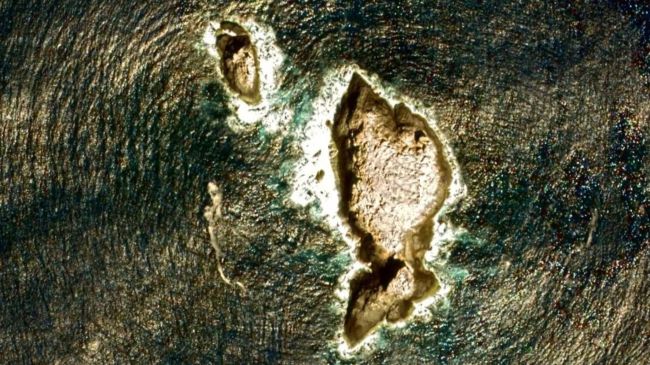
Also called the Gardner Pinnacles, Pūhāhonu is 952 km (590 miles) northwest of Honolulu. (Google Maps)
Pūhāhonu means "turtle rising for breath" in Hawaiian, and this name is actually a really cool metaphor for the volcano itself. Just like an animal coming up for air, most of the creature is hidden.
Looking at these tiny islands from the surface, they don't look like much. But new studies reveal that there is a lot going on below the water.
And that's not even half the story!
All islands are essentially mountains on the seafloor. Whatever rises above the water is what we call the island, but there's lots more below. In the case of Mauna Loa, for example, this incredible shield volcano—everything from the ocean floor to its peak—is about 9,170 metres (30,000 feet) high. Put side-by-side with Mount Everest, Mauna Loa would be taller!
But even this giant pales compared with what scientists found at Pūhāhonu.
Too heavy for the crust
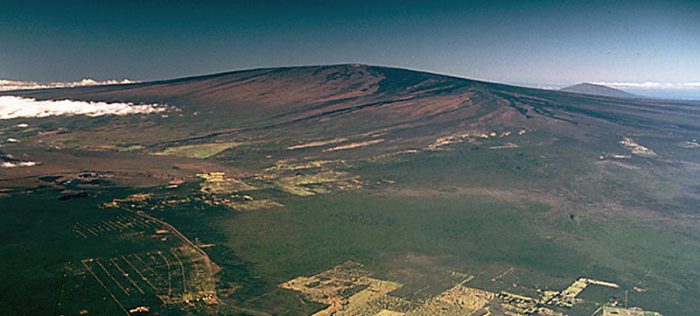
Much of Mauna Loa is hidden under the ocean's surface. (U.S. Geological Survey/Wikimedia Commons)
We think of the ground beneath us as being solid. But it can be pushed down if you're heavy enough.
Pūhāhonu is heavy enough.
According to research, this enormous volcano is not only more than what we see above the water's surface, it's more than what we see above the ocean floor. Only about 30% of the ancient volcano is visible above the seafloor. The rest is deep within the Earth's crust!
In other words? The volcano is so heavy that it sank down into the crust of the Earth. Wow.
Scientists estimate that Pūhāhonu contains about 150,000 cubic km (36,000 cubic miles) of volcano rock. Mauna Loa is about half of that. So Pūhāhonu is one huge volcano!
More than meets the eye
So the world's largest volcano is a tiny 52-metre high island in the middle of the ocean that is more than half buried inside the Earth's crust?
That appears to be the case. Though long dormant, this 14-million-year-old volcano is proof that in any situation there is often more than meets the eye. In this case, a lot more!
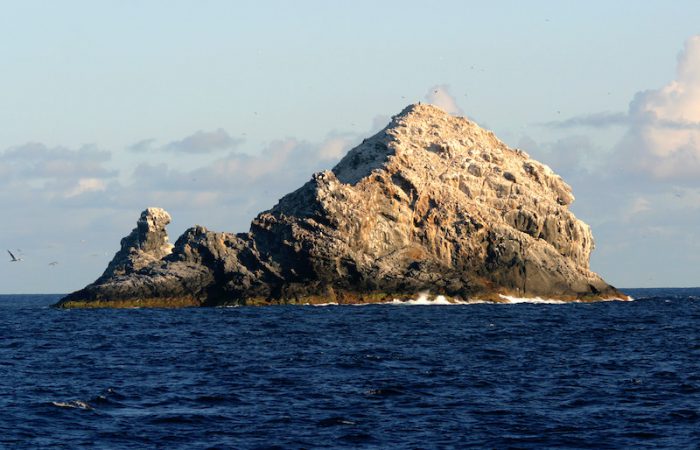 The largest of the islands that make up Pūhāhonu is still just 52 metres high. (NOAA/Wikimedia Commons)
The largest of the islands that make up Pūhāhonu is still just 52 metres high. (NOAA/Wikimedia Commons)
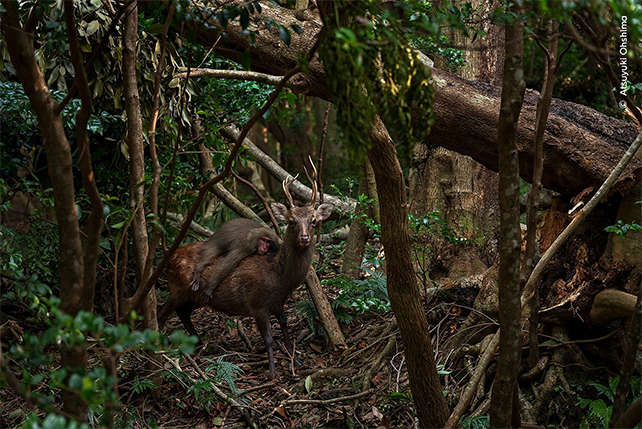
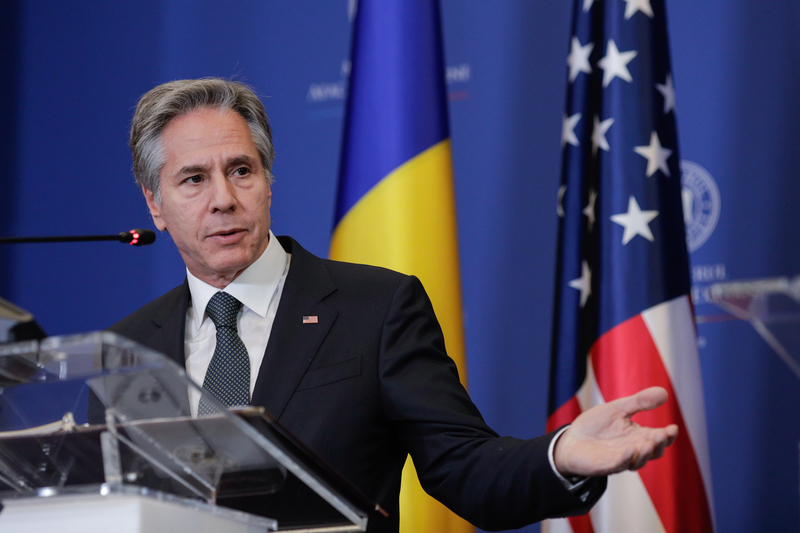
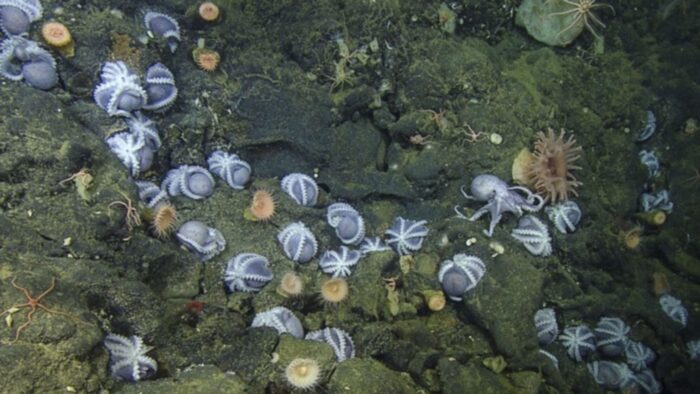
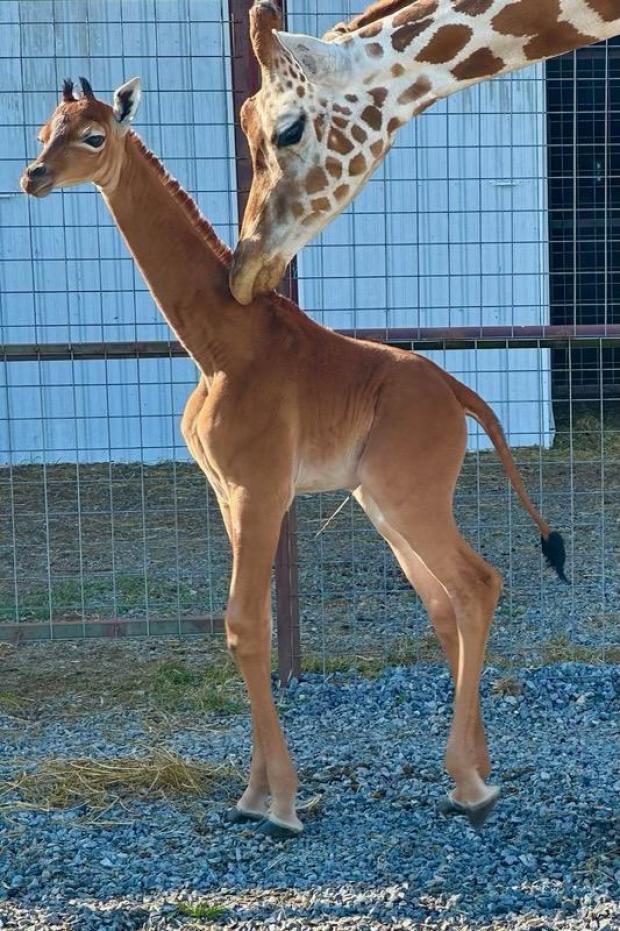
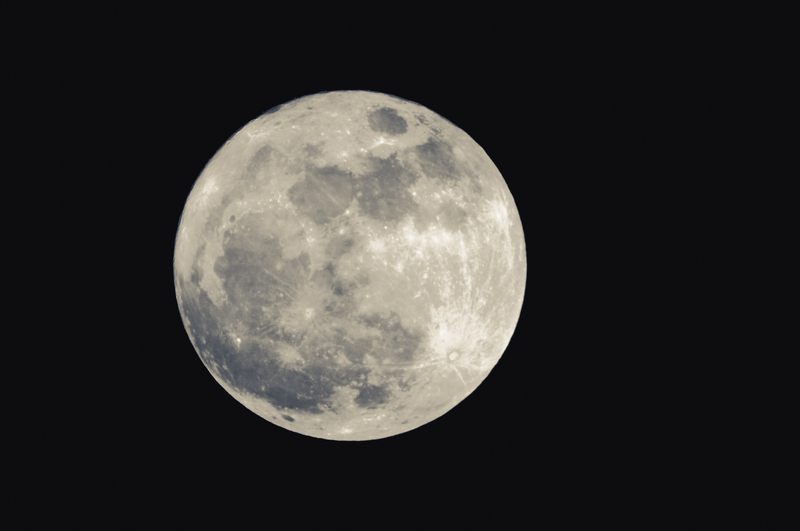
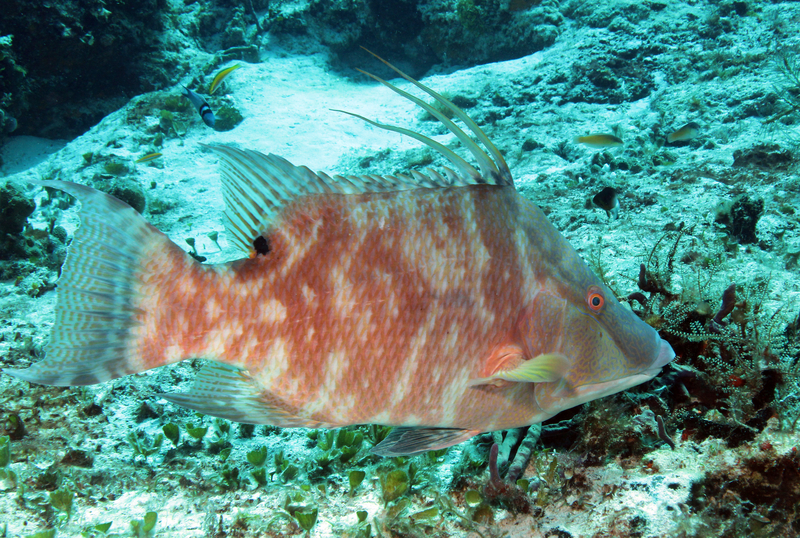
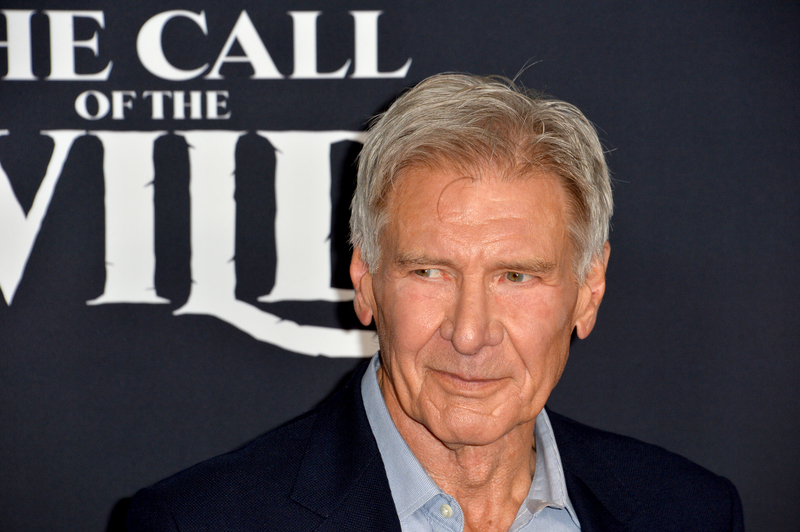
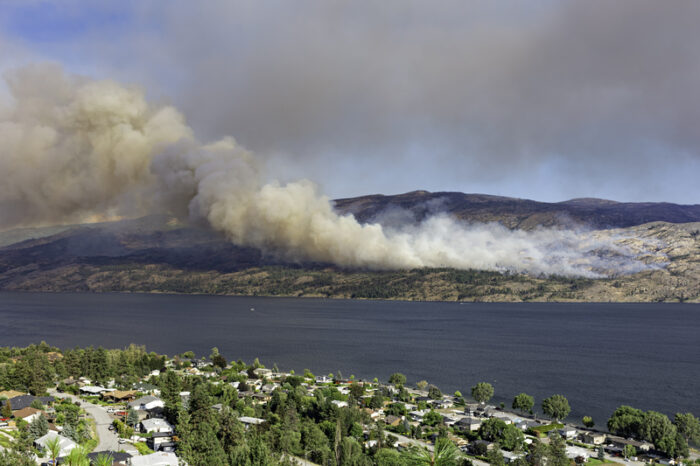
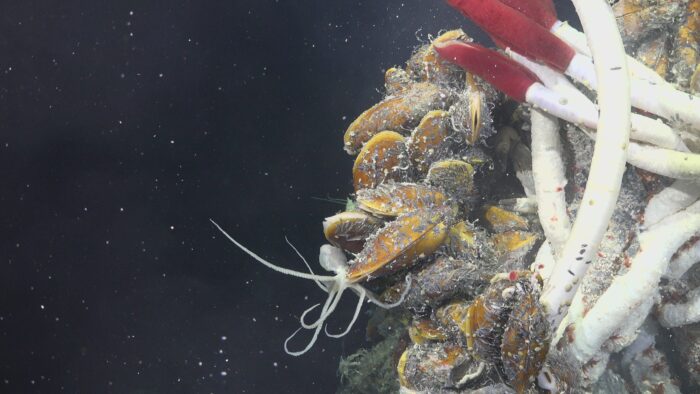
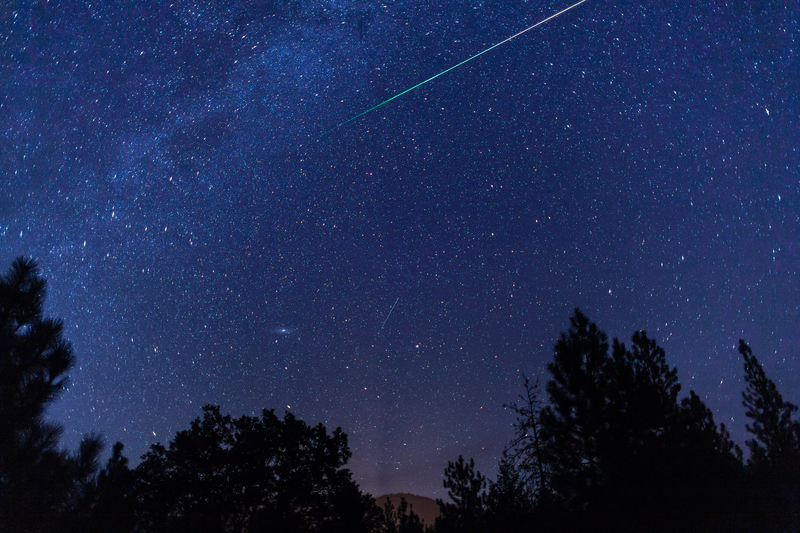
very informative 🙂 🙂 🙂
Wow! That is fascinating!
that’s just weird.